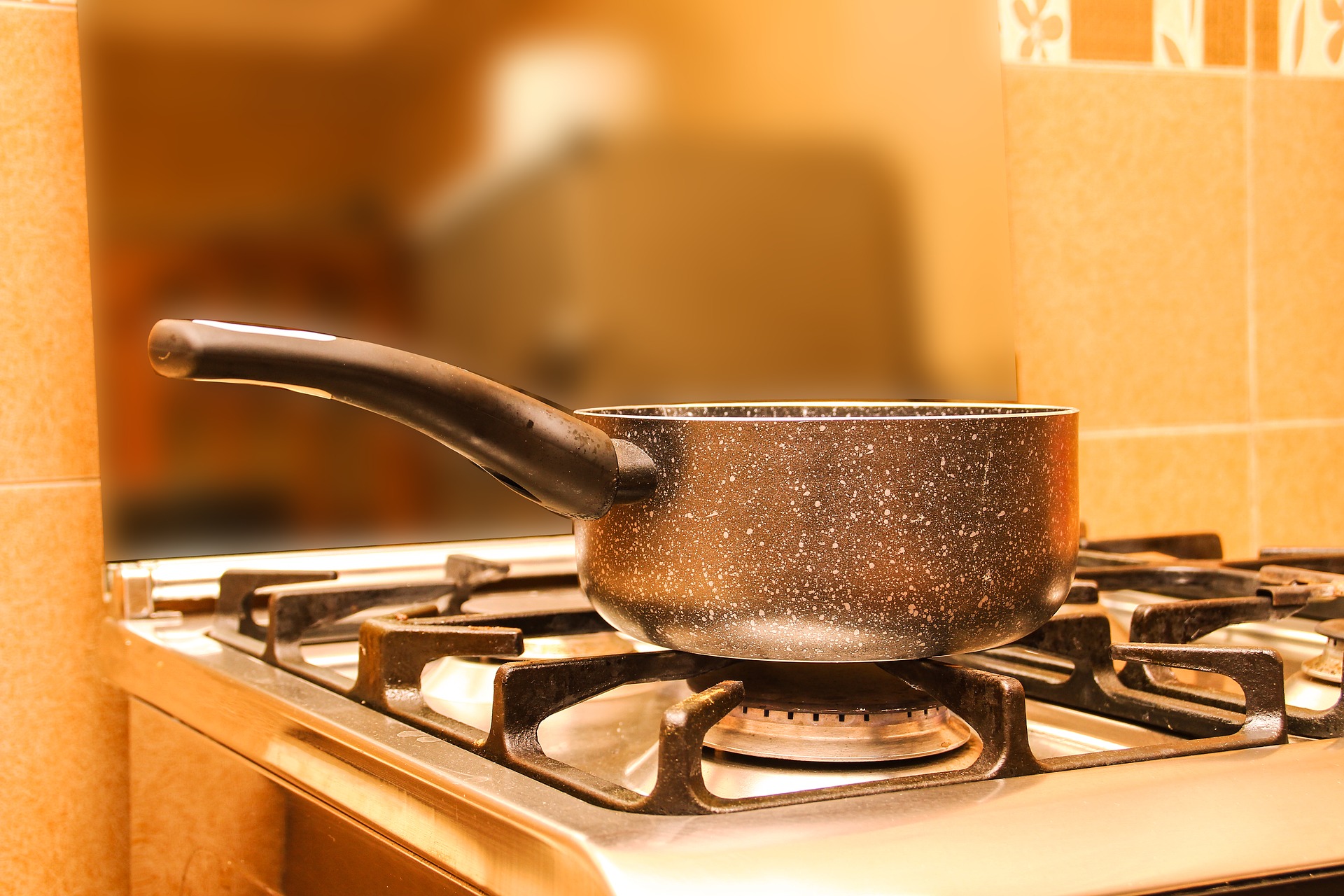The first thing you need to understand when you receive a water notice is the difference between a Boil Water Notice and a Do Not Use Notice. Both notices mean that there are potentially high levels of an organism present in the water that could cause health issues. A boil water notice is a public statement provided by a water utility within 24 hours of discovering a microbial water quality violation. A Do Not Use Notice means that because of the nature of the water contamination, boiling or disinfecting your water will not make it safe to drink. These types of problems typically happen during a water main break, a natural disaster, pipe replacement, or treatment plant software failures.
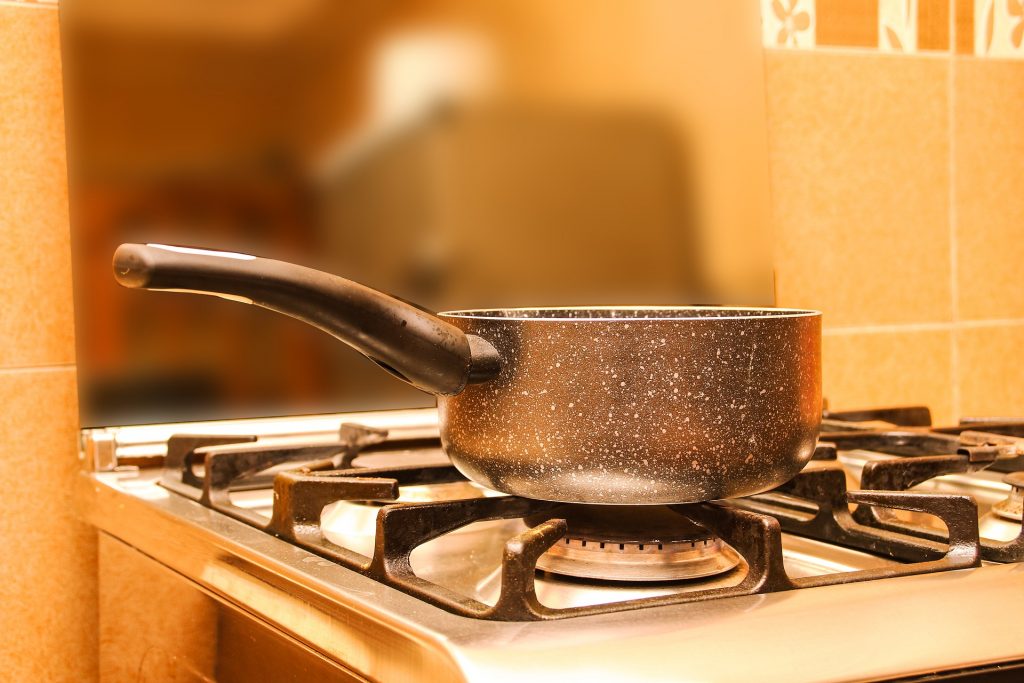
In the case of a do not use notice, you should check with your water authority to find out what precautions you should take regarding your water. With a boil water notice, you may continue to use your water, but it will need to be boiled before you use it for drinking, cooking, and brushing your teeth. Here are some of the most common questions and answers that people have when they receive a boil water notice.
How long will the boil water notice be in effect?
Each boil water advisory is based on different circumstances, so there is no set amount of time for when the boil water advisory will be lifted. Your water company and your local health department should provide you with details and updates as to when your water will be safe for normal use.
Are there any guidelines for boiling water to make sure that it is safe?
You need to make sure that you bring your water to a full boil and then allow it to continue boiling for ONE MINUTE. Because it takes time for water to cool after boiling, it is suggested that you plan ahead and boil water before you need it. You can boil a few batches of water and then store them in the refrigerator.
Do I still have to boil my water if I have a filtration or reverse osmosis system?
YES. While filtration and reverse osmosis are great options to ensure that you are drinking safe, quality water under normal circumstances, they may not be enough to remove certain organisms.
Are there any alternatives to boiling my water?
The best alternative to boiling water would be to purchase bottled water. You can use bottled water without boiling it for drinking, cooking, and brushing your teeth. You should always keep an emergency supply of bottled water on hand. Although most bottled water has a 2-year use by date, this is mainly for taste purposes. Bottled water should be safe for an indefinite amount of time if stored properly.
Can I use my water for cooking without boiling it?
NO. Water used for food preparation, cooking, and drinking must be boiled before use. Even if you will be boiling the water as part of the cooking process, it is recommended that the water first be boiled separately to ensure that it has been boiled for a full minute at a rolling boil.
Do I need to use boiled water to wash fruit and vegetables?
YES. Any food that needs to be rinsed should be rinsed with boiled or bottled water.
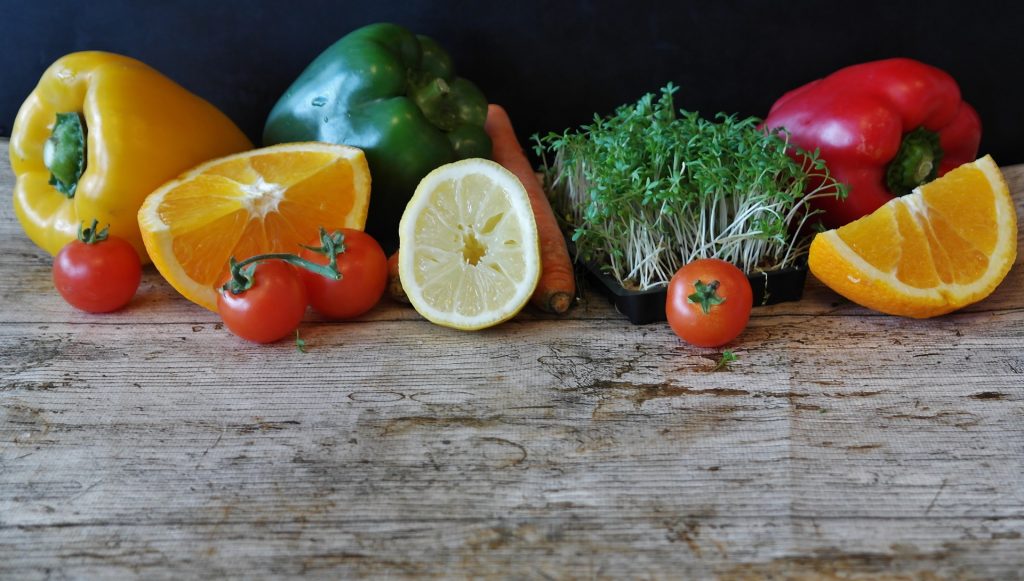
Do I need to use boiled water to make ice?
YES. You will need to use boiled or bottled water to make ice. Do not use ice made from an automatic ice maker.
What should I do if I need water to make baby formula?
When making baby formula, sterilize all bottles, rings, nipples, and utensils in boiling water for two minutes. To be extra precautious, it is recommended that the water used for making baby formula is boiled for 2 minutes
Can I use my coffee maker during a Boil Water Advisory?
When using your coffee maker, use bottled water or water that that has previously been boiled for the recommended one minute.
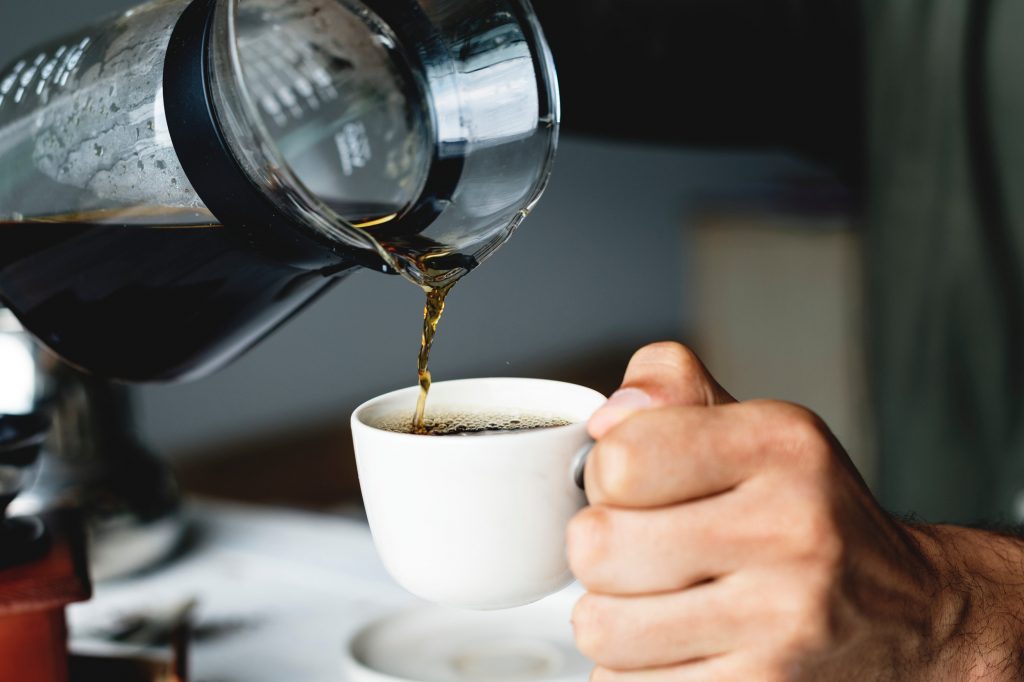
Can I wash my dishes?
If you are hand washing dishes, you must use boiled water. If you are using a dishwasher, make sure that the water temperature reaches 170°F and includes a full dry cycle. If you do not know the temperature of your dishwasher, after the wash cycle, rinse the dishes in a diluted bleach solution (1oz bleach for 3 gallons of water) and allow them to air dry before using.
Can I wash my clothes?
YES. You can wash your clothes, but keep in mind that depending on the type of contamination, cloths may become discolored, especially light and white clothing.
Can I brush my teeth?
Always use boiled water to brush your teeth when you have been issued a boil water notice. You can also use bottled water.
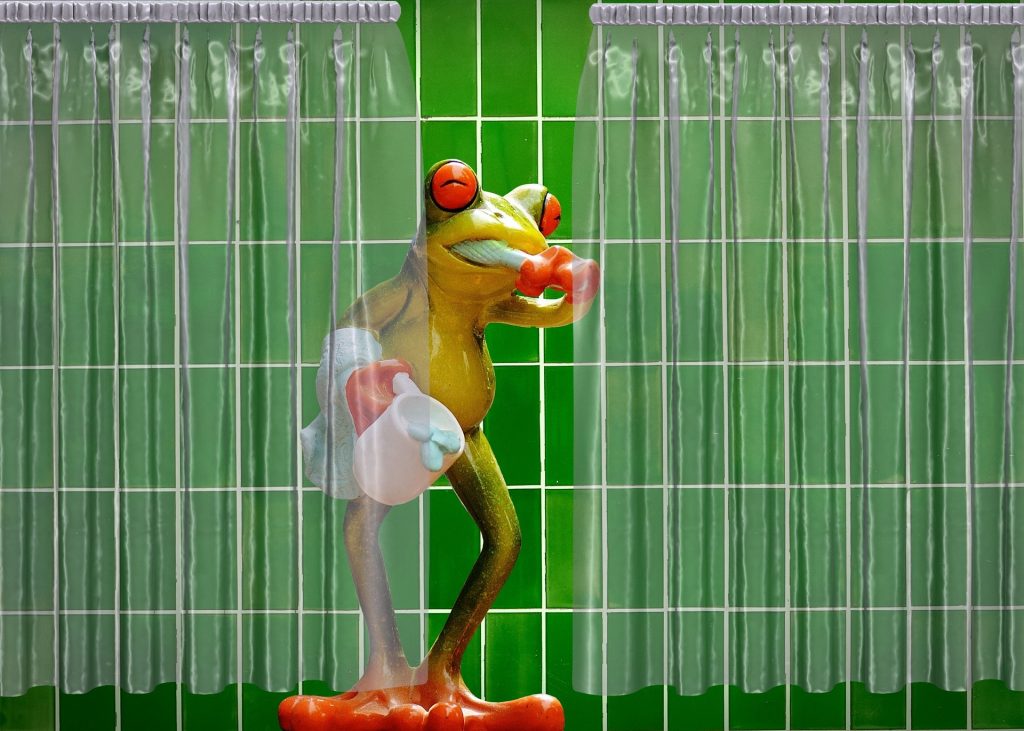
Can I wash my hands, bath, and shave?
Washing with soap and water is safe for basic hygiene when you have received a boil water notice. Use caution not to swallow any water while bathing. Shaving is not recommended as nicks and cuts could become infected.
Should I give my pets boiled water?
YES. Your pets should be drinking boiled or bottled water. If you mix their food with water, make sure it is boiled or bottled as well.
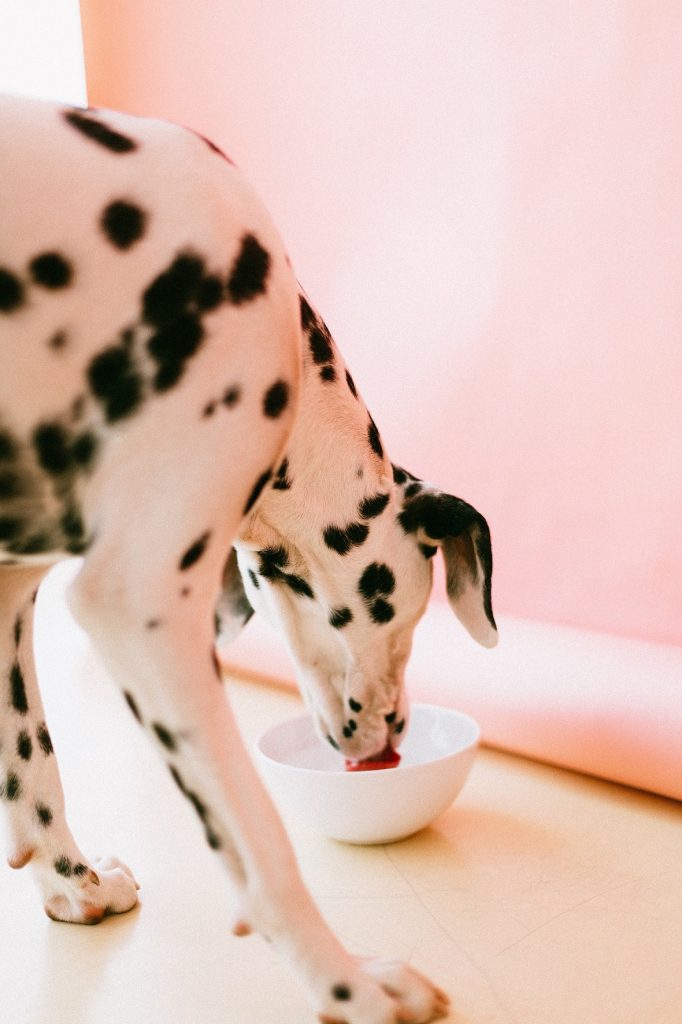
Can I use my toilets?
YES. A boil water notice does not affect how you use your toilet.
When the boil water notice is lifted, is there anything I need to do?
Before drinking the water after a boil water notice has been lifted, you need to flush the pipes. Run all the cold water faucets at full stream for at least 5 minutes. Water using appliances may need special attention too. If you have an ice maker, discard any previous ice along with the next three batches of ice to make sure the line has been cleaned of any contaminated water. If you have a hot water heater, water softener, or water cooler, run enough water to completely flush through the reservoir or tank. All water filters should be replaced.
After any type of water advisory, you may still have concerns about the quality and safety of your water. You can quickly and easily test your water for a variety of contaminants with one of TestAssured’s water testing kits.

